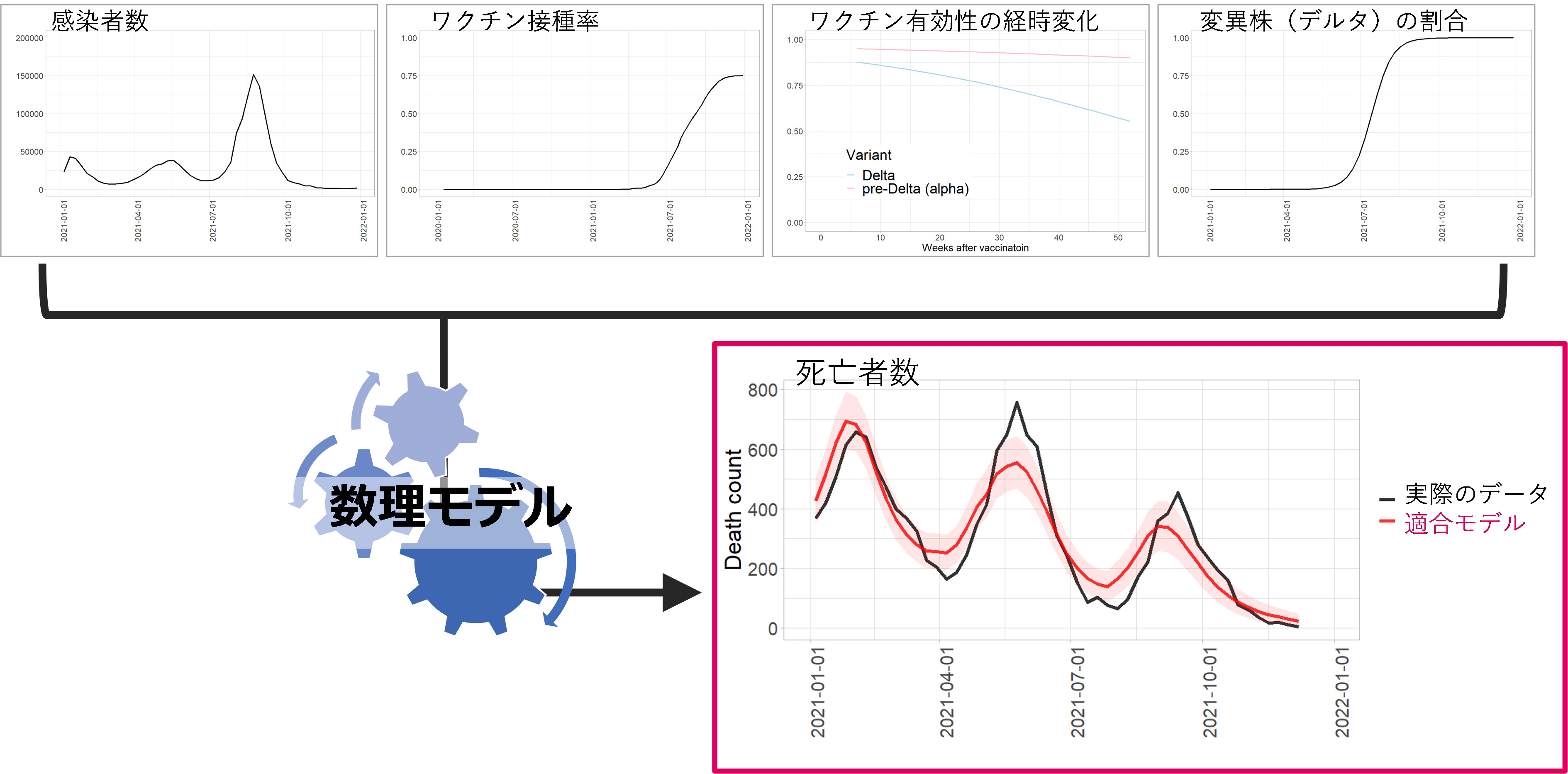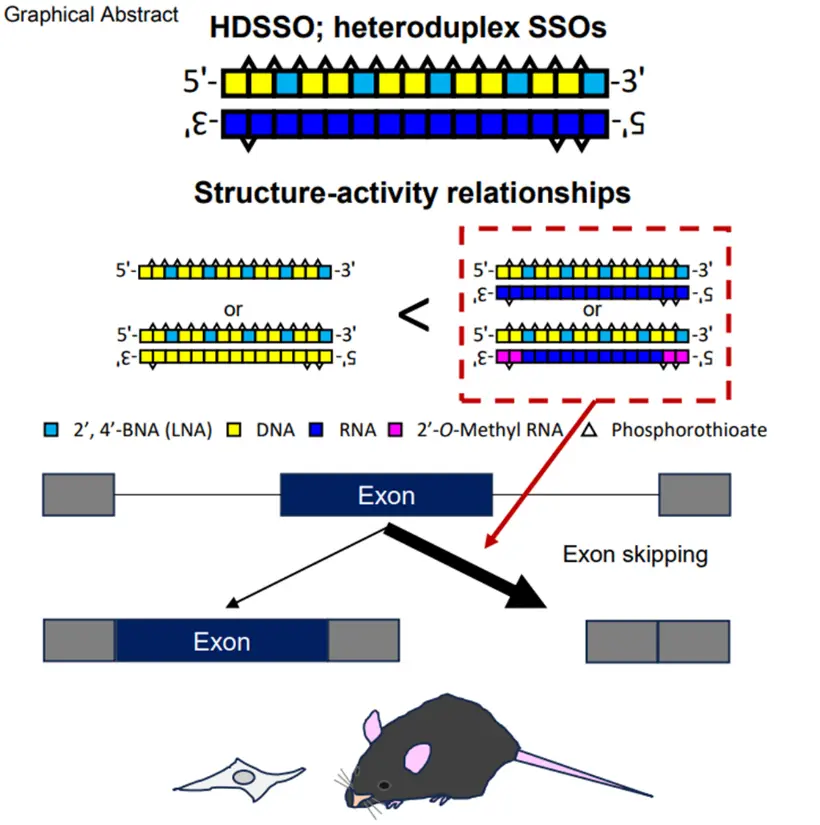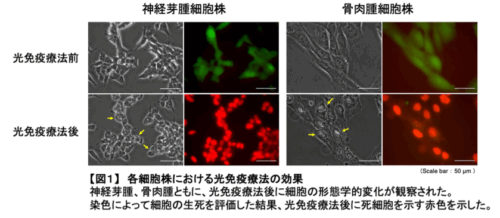2025-05-22 東京大学
 図1:新型コロナウイルス感染症の死亡者数を予測する数理モデル
図1:新型コロナウイルス感染症の死亡者数を予測する数理モデル
<関連情報>
- https://www.u-tokyo.ac.jp/focus/ja/press/z0406_00005.html
- https://www.u-tokyo.ac.jp/content/400264666.pdf
- https://www.sciencedirect.com/science/article/pii/S0264410X25005705
日本におけるCOVID-19ワクチン接種の実施時期および接種率と誤報流行との関連による影響 Impact of COVID-19 vaccination by implementation timing and coverage rate in relation to misinformation prevalence in Japan
Yuki Furuse, Takahiro Tabuchi
Vaccine Available online: 20 May 2025
DOI:https://doi.org/10.1016/j.vaccine.2025.127273
Highlights
- How misinformation affected the eventual mortality of COVID-19 has not been quantitatively explored before.
- Better or worse misinformation management would have changed the COVID-19 death toll by 400–1000 in Japan in 2021.
- Shifts in timing would have had a more substantial impact than the change in coverage according to misinformation management.
Abstract
COVID-19 vaccines have saved many lives during the pandemic. However, the implementation strategy of vaccination in some countries may not have been ideal. In this study, we investigated the impact of vaccination on COVID-19 mortality in counterfactual scenarios for different vaccine implementation timings and coverage in Japan. To do so, we developed a mathematical model to predict the number of COVID-19 deaths using weekly data on COVID-19 cases, vaccination coverage, vaccine effectiveness, and the proportion of SARS-CoV-2 variants. We also reanalyzed survey data from our previous study about the prevalence of misinformation beliefs and attitudes toward COVID-19 vaccination, in order to build counterfactual scenarios in which we had managed misinformation better or worse. In Japan, the COVID-19 death toll was 14,994 in 2021 before the emergence of the Omicron variant in December. Counterfactual scenario simulations using the mathematical model revealed that 30,117 deaths were averted by vaccination in 2021, considering the direct and indirect effects of vaccines. If we had failed to manage the influence of misinformation, vaccination coverage would have dropped from 83.4 % to 76.6 %. And there would have been 1020 more deaths. The death toll could have decreased by 431 in a scenario for better misinformation management, assuming vaccination coverage of 88.0 %. Three-month delayed vaccination implementation would have increased the death toll by 22,216, whereas three-month early implementation would have averted 7003 deaths. Therefore, implementation timing had a stronger effect than vaccination coverage. This study highlights the importance of assessing vaccination strategies from the perspective of misinformation management and timing to start vaccination rollout.


